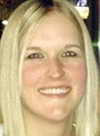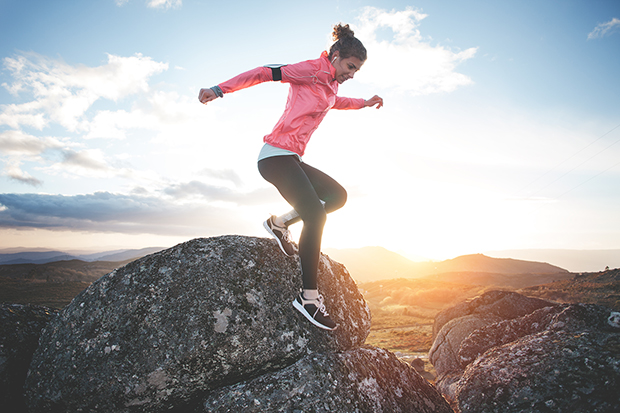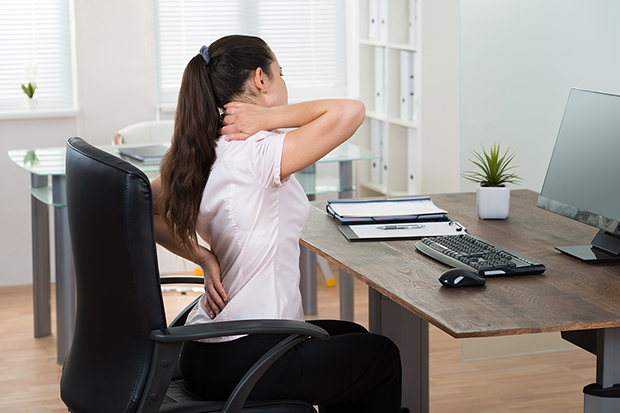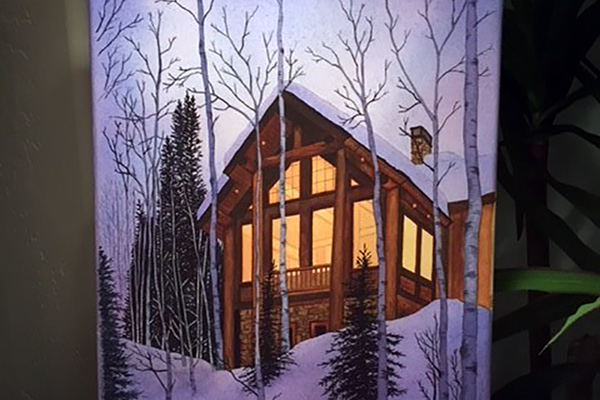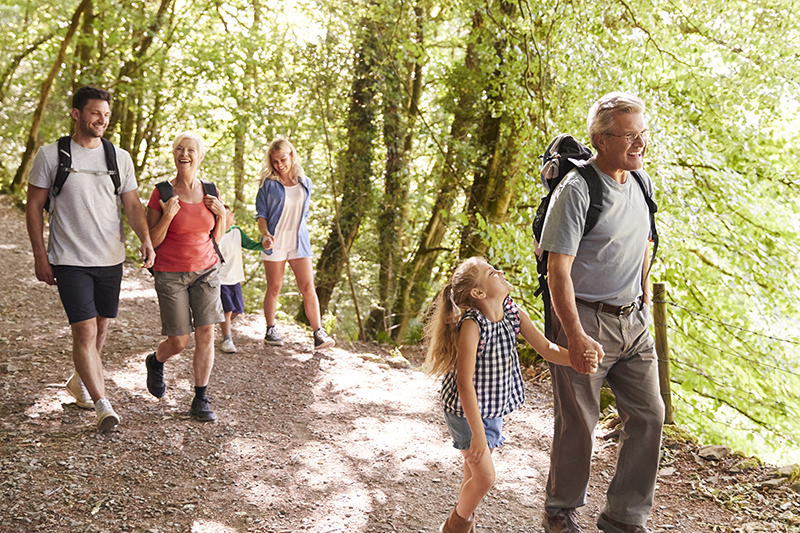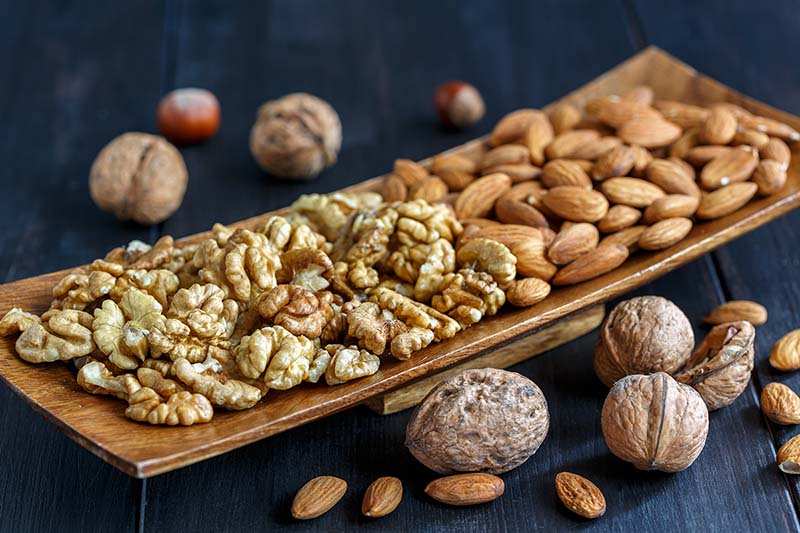What You Really Need for Your New Baby
Bringing home a new baby can be intimidating. Get ready with these must-haves.
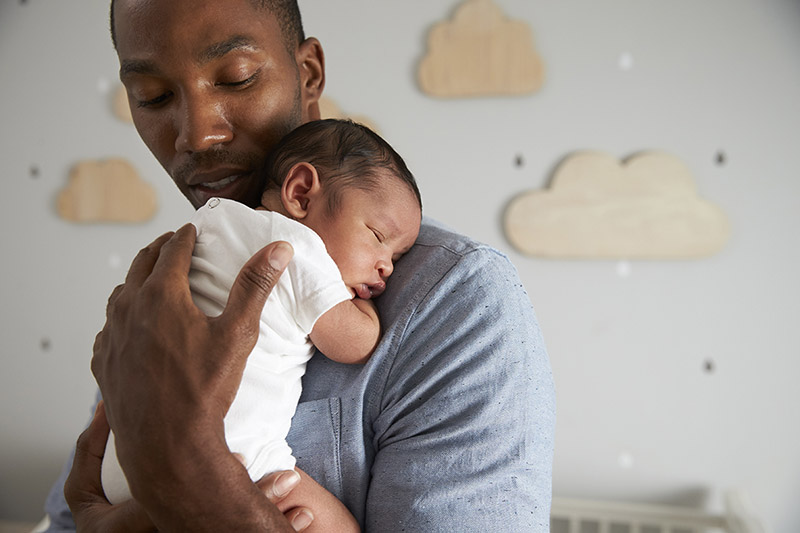
Congratulations on becoming a parent. Welcoming home a new baby comes with many exciting changes—and the need for some new gear.
If looking through online checklists about what you'll need has left you feeling overwhelmed, you've come to the right place. Here's a breakdown of what you'll need to bring home your new baby with confidence.
Related: Give Your Baby a Healthy Start by Joining Our Healthy Beginnings Program
Nursery furniture
Outfitting a nursery can cost a small fortune, especially if you invest in every piece of furniture sold at the baby supply store. The good news is you don’t need everything on the showroom floor.
All your baby really needs is a safe, secure place to sleep. A crib is a must-have, and it should have fixed sides (rather than one side that drops) to reduce safety hazards.
If you want your baby to sleep in your room, you can opt for a bassinet or co-sleeper. If you’re considering co-sleeping, talk to your doctor to understand the associated risks as placing your baby in your bed can be dangerous. Babies can get trapped or wedged between the bed and the wall or suffocate in soft or loose bedding.
Other nice-to-have items for the nursery include a place to change diapers, a glider or rocking chair, and a dresser or chest of drawers for clothing. If you want to consolidate, consider placing a changing pad on top of the dresser instead of getting both a changing table and a chest of drawers.
Feeding
The feeding supplies you need will depend on whether you decide to breast- or bottle-feed your little one. Breastfeeding mothers may want to invest in supplies such as nursing pads, nursing bras, storage bags for expressed milk, and a breast pump. The latter will be especially important if you are intending on returning to work or will be away from your baby for an extended period of time.
If you are choosing to bottle feed, you will need bottles, a cleaning brush, and formula. There's no need to spend a fortune on bottles. Each baby is different. What works for a friend's baby may not work for yours, so buy one or two bottle in advance to see what your baby likes. Remember, you can also get more if needed. If you're planning to heat bottles, you can use a bottle warmer, but often heating a bottle in warm water from the tap or stove is just as effective—and cheaper, too.
When the baby starts to eat solid food, you’ll need a highchair, small spoons, and baby-approved food items. Keep in mind that most babies don’t eat solids for at least a few months, so you can wait on purchasing these items.
Clothing
Your baby will need soft clothing and diapers to keep them warm and dry. If you're unsure of what size of diapers to get, invest in a small pack of newborn diapers and a box of size 1 diapers. You'll also want baby wipes. You can purchase these or make them yourself. If you're planning to give birth in a hospital, your room may come stocked with diapers and wipes.
Your baby's clothing needs will depend on when and where they're born. If your baby is born in a cold climate, or during the winter, you'll want warmer pajamas, thicker fabrics, long-sleeve shirts, long pants, socks, and beanies.
If the climate where you live is warmer, or your baby is born during the summer, you'll want lighter fabrics, short sleeve shirts, shorts, and sun hats. If you're unsure of what to buy, try a newborn size onesie and enough outfits in sizes 0 to 3 months for a week.
Monitor how your baby’s skin reacts to different fabrics, diapers, and wipes. Your baby may have sensitive skin, which could necessitate a change in the brand.
Accessories and toys
Bathing your baby is a fun experience, but you don’t necessarily need to invest in an expensive tub or pricy toys. Babies can be bathed in the sink or in an inflatable seat that goes directly into a standard-sized bathtub.
A hooded towel is nice to have, as it helps to keep the baby’s head warm after a bath, but a normal towel will work, too. Gentle baby shampoo is also an essential item to clean the hair and skin.
Infants don’t really need toys, but as your baby grows, having safe things to grab onto can aid in their development. Secondhand toys and books can help keep costs under control. These can be easily disinfected before being given to your child.
If you own a vehicle or are planning to ride in a car with your child, you will need a car seat. In fact, many hospitals will not allow you to take your baby home without one. It's best to buy your car seat new to ensure it has never been in an accident and is up to date with the latest safety standards.
Many big-box retailers host trade-in events, so keep an eye out for such events in your area. You could score a discount on a new car seat by trading in an old or expired one.
If you're still unsure about what you'll need, talk to other parents you know. You can even reach out to your healthcare provider for more tips and information.
Related: What Are the Symptoms of Postpartum Depression?
